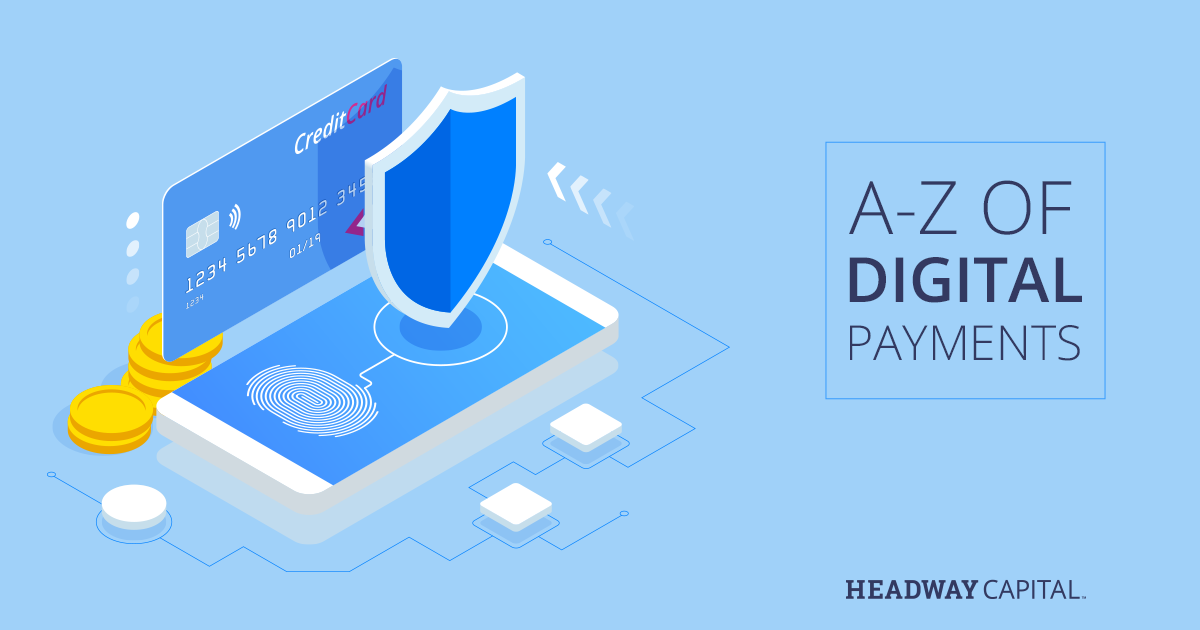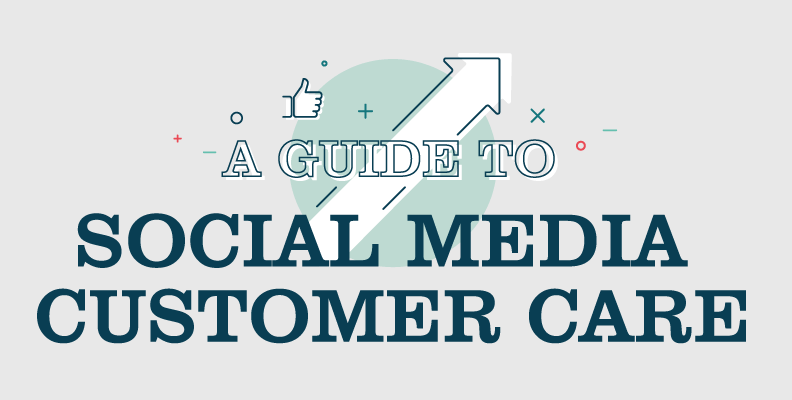Starting Your Small Business
People start small businesses every day. Whether or not they’re successful depends on hard work, good planning and staying strong when the going gets tough.
Are you starting a business for the challenge? Have you devised a new tool or product? Or are you simply eager to have more control over your work? Whatever the reason, getting your new business started can be the hardest part. That’s why we’ve created a small guide to help you on your way to success. Read on and get ready to start your exciting journey!
What’s Driving You?
Starting a small business is not for the faint of heart. There will be long hours. There will be less time spent with family and friends. There will be times when money is tight, no matter how well you’ve managed your finances.
You’ll need to be prepared for sacrifices, but most importantly, you must have a deep motivation and desire to make your dream business a reality. You should wake up every day and ask yourself, “How am I going to make this happen?” This is the time to be honest with yourself — if deep down you find you have the determination and drive to make your potential business happen, you’re well on your way.
Determine What Kind of Business You’ll Have
From bakeries to tech start-ups, there’s a plethora of small business ideas to be had. But as you’re planning your unique business, consider three of the most popular small business categories:
- Digital: Running your business online, whether you’re selling a product or offering a service, is a great choice for the new small business owner. Designing your own website or registering your domain through a hosting site is easy thanks to a number of sites like WordPress and Squarespace. Plus, you’ll save money by not having to rent out or purchase office space.
- Franchise: If you’re looking to start a business but don’t necessarily want to create a new concept, consider franchising with a company you already know and love. You’ll need to purchase the rights to use the franchise’s logo, name and business model, but most of the hard work (like branding and creating marketing materials) is part of the package deal.
- Existing: Maybe you’re interested in taking over an existing business. As with franchising, you’ll get the bonus of an existing customer base plus already-developed branding and marketing materials. Additionally, it’s sometimes easier to get financing for a proven and successful business.
Prep Your Finances
You may be eager to get started (and you should be!), but take a step back and ask yourself two very important questions:
- Will I be able to afford my monthly expenses as I start my business?
- Do I need to keep my current full-time job and handle my new business on the side?
Building a business from scratch will take up a large amount of time and money. You should ensure you have the proper finances — a healthy savings account or a dependable line of credit, for example, before you embark on this project. Be sure to consider aspects like health insurance and retirement savings, and always have a potential exit strategy if things don’t work out as planned.
Ready to Start
We hope our tips for starting a small business have given you some extra insight and knowledge for your new business venture! For more helpful business tips, check out our recent post, “How To Develop Business Goals For 2016.”
References:
1Entrepeneur. (October 24, 2015). Steps to starting a small business. Retrieved December 16, 2015 from http://www.entrepreneur.com/article/251668






